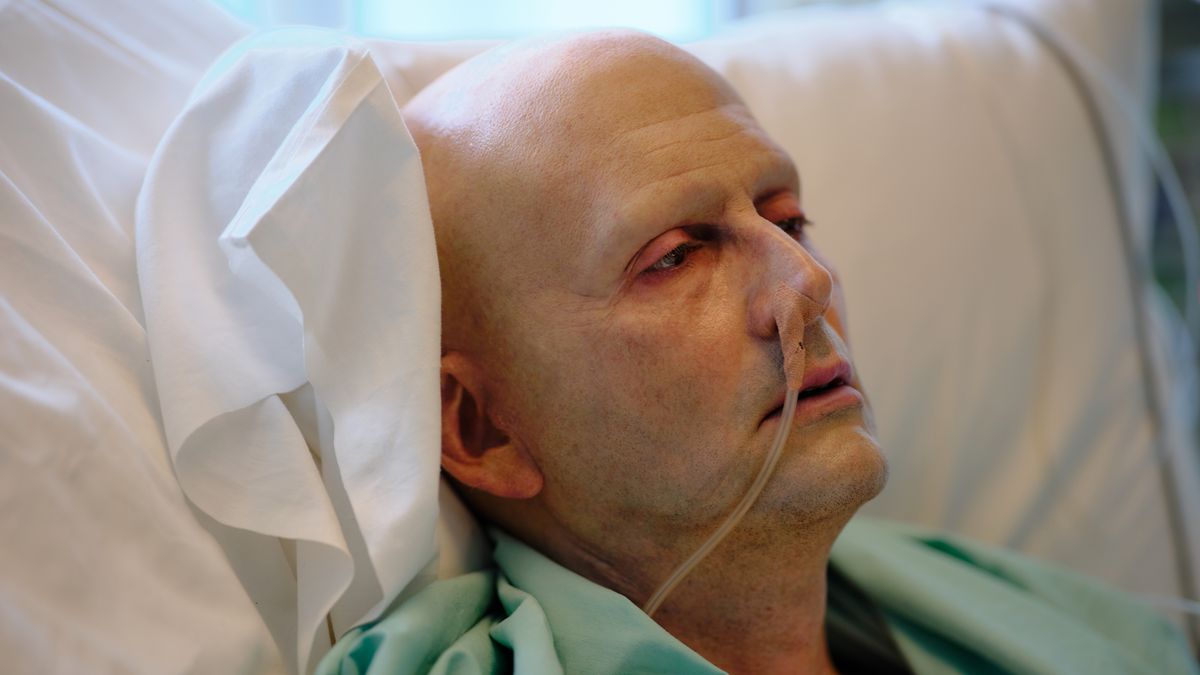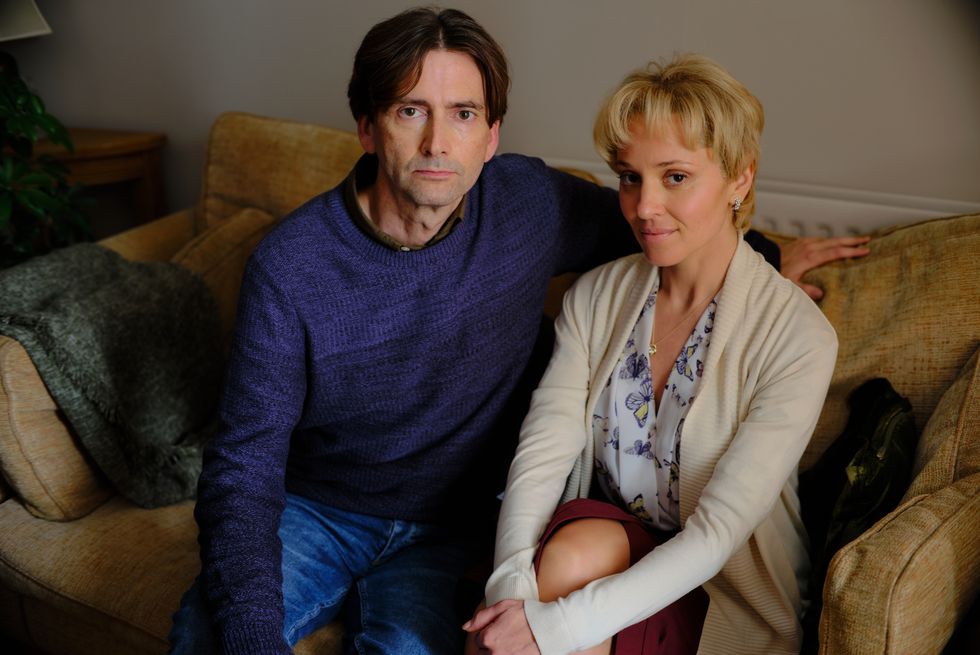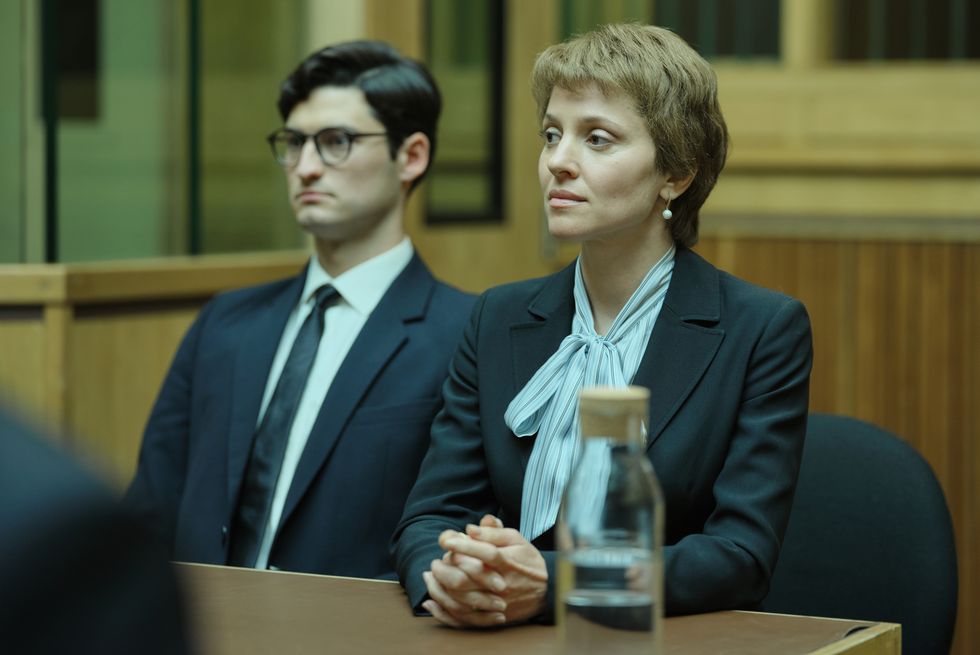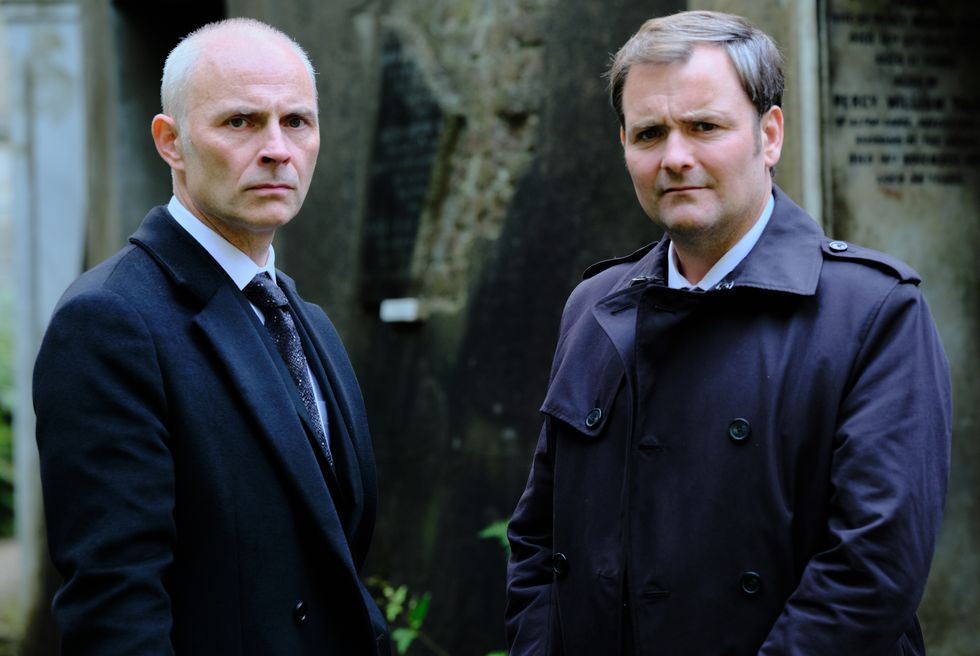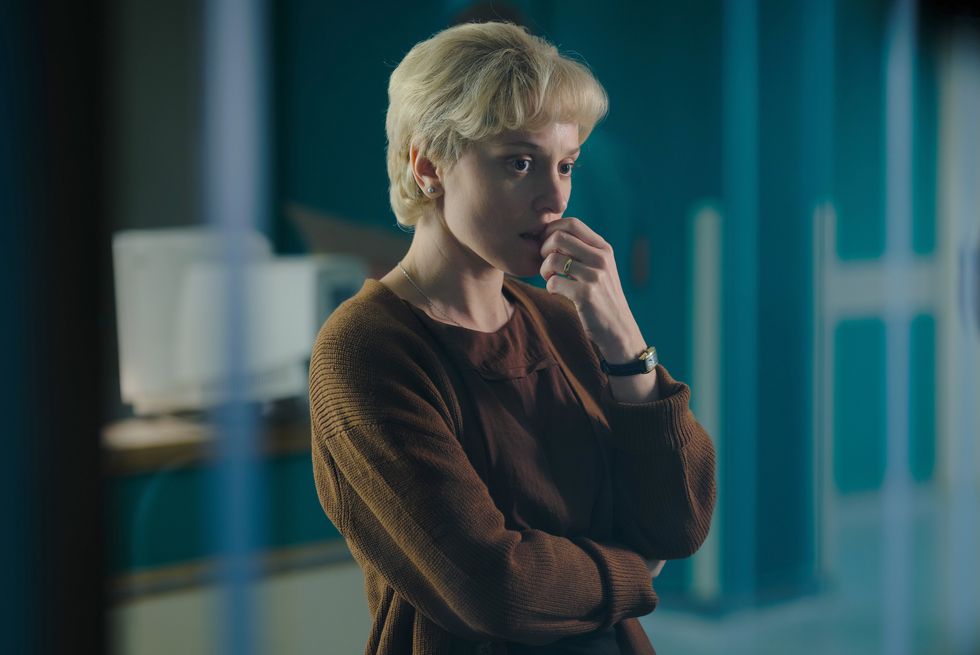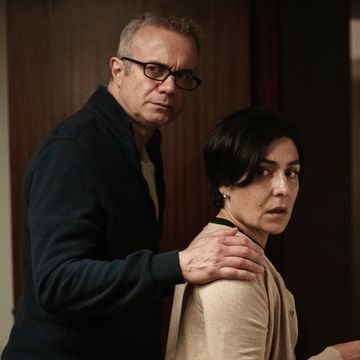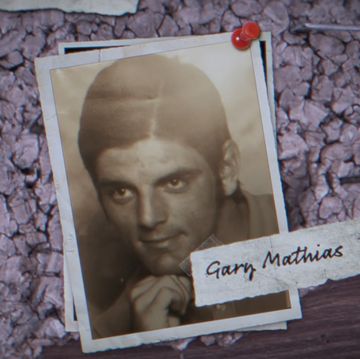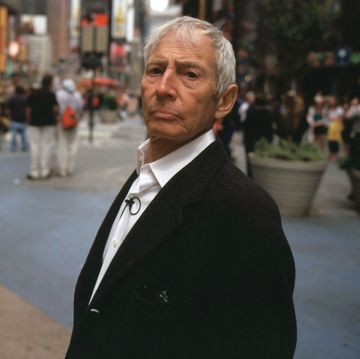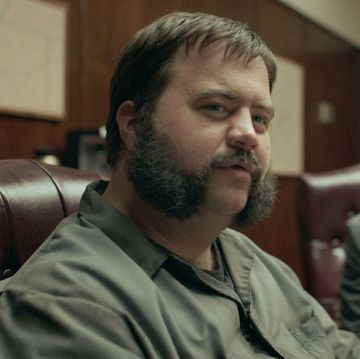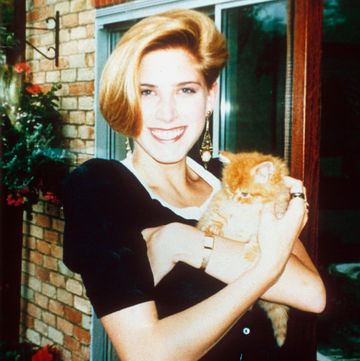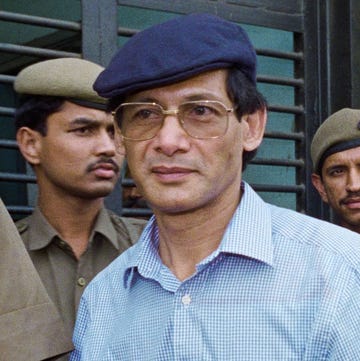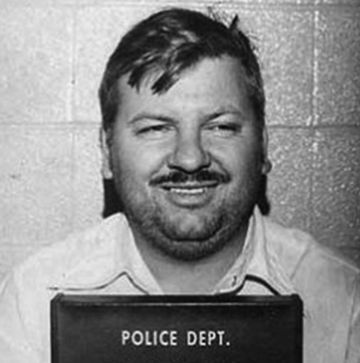David Tennant is fronting another real-life dramatisation, this time portraying former Russian spy Alexander Litvinenko in a retelling of his poisoning and subsequent death in 2006.
You may remember seeing his face splashed across the front of national newspapers back then (a moment now recreated in the ITVX series Litvinenko). But what's the true story of what happened to Alexander Litvinenko?
When two police officers arrived to University College Hospital in London to interview a very sick patient in November 2006, they wouldn't have known how big the case was going to get. As ITV pointed out in a press release prior to Litvinenko's release, "the patient was Alexander Litvinenko, a Russian dissident who claimed to have been poisoned on the direct orders of Vladimir Putin".
A key focus of the series is on Litvinenko's wife Marina (played by Margarita Levieva), who took on her husband's fight after his death and kept the publicity and battle for justice going.
As ITV stated: "Litvinenko has been produced with the support of many of the key individuals involved in the investigation and subsequent public inquiry including former New Scotland Yard officers Clive Timmons and Brent Hyatt, along with Ben Emmerson QC and Alexander's family."
So who was Alexander Litvinenko? A former officer with the Russian Federal Security Service, or FSB, Litvinenko had fled Russia for Britain and was very vocal in his criticisms of the Russian regime. He was granted British citizenship and had been working for the British secret service.
On November 1, 2006, the same day as he met with former KGB officers Andrey Lugovoi and Dmitry Kovtun, Litvinenko became ill. He died in hospital on November 23, with his family by his side.
It transpired that he had been poisoned with the radioactive isotope polonium-210. The investigation argued that Lugovoi had given Litvinenko the material while they met for tea in a London hotel, after a teapot was taken into evidence and discovered to have a positive reading for polonium-210.
In 2007, the Crown Prosecution Service called for the extradition of Lugovoi to face charges of murder in the UK.
"I have today concluded that the evidence sent to us by the police is sufficient to charge Andrei Lugovoi with the murder of Mr Litvinenko by deliberate poisoning," said Sir Ken Macdonald, the then-Director of Public Prosecutions for England and Wales. "I have further concluded that a prosecution of this case would clearly be in the public interest."
The Russian Prosecutor-General's office declined extradition, citing a constitutional ban.
Lugovoi has repeatedly denied any wrongdoing, stating at the time (via The Guardian): "I consider this decision to be political, I did not kill Litvinenko, I have no relation to his death and I can only express well-founded distrust for the so-called basis of proof collected by British judicial officials."
Traces of polonium-210 were found in several locations around London, and Lugovoi himself was treated for suspected radiation poisoning in Russia.
Once he'd returned to Russia, Lugovoi called a press conference to deny involvement in the murder. He pointed to his wife and children, who had also been contaminated with polonium-210, arguing: "To think that I would handle the stuff and put them at risk is ludicrous... Someone is trying to set me up. But I can't understand who. Or why."
In 2016, following a public inquiry into the death of Alexander Litvinenko, Sir Robert Owen's 300-page report was published (via BBC News). It said that "the FSB operation to kill Litvinenko was probably approved by [FSB director] Mr Patrushev and also by President Putin".
The inquiry also found that Andrei Lugovoi and Dmitry Kovtun had poisoned Litvinenko, and had tried to do so almost a month prior. They both denied the claims.
In a judgement published in 2021, the European Court of Human Rights ruled that Russia was responsible. The court said that Russia had not made any serious attempt to counter the findings of the UK authorities (via Guardian).
The Kremlin rejected the ruling, calling it "unsubstantiated" (via Reuters), and the Russian foreign intelligence agency has denied any involvement.
As stated at the end of the ITV drama, Dmitry Kovtun died in 2022, aged 56, from complications of COVID-19 (via New York Times).
Litvinenko director Jim Field Smith has spoken about how the four-part series "hews incredibly closely to the facts".
"In many places it's actually verbatim, particularly in terms of anything that relates to the testimony, either with the detectives that interviewed him or in the Royal Courts of Justice where the inquiry happens in episode four – a lot of that is verbatim," he told Radio Times.
Smith also added that Litvinenko's own words "were read out verbatim as part of the trial, because he was this sort of witness of his own murder.
"And George [Kay, writer of the drama] made it a key part of episode four that Sasha is sort of temporarily brought back to life by the police detectives, by evoking his words verbatim in the witness box in the inquiry."
Litvinenko's wife Marina has continued to advocate for her husband over the years, being the most vocal proponent for the inquiry.
Having been involved in the making of the ITV drama, she explained (via Radio Times): "It's so important to keep his voice alive, whether it's [through a] documentary, or whether it's [through a] drama, but he will be alive, with us, and his message, finally, will be heard."
She highlighted though that it "is not only [a] political story, it's not only crime, it is absolutely [a] human story". She added that it is ultimately "a story of love" and also one of "hope".
Litvinenko is available to watch on ITVX.
